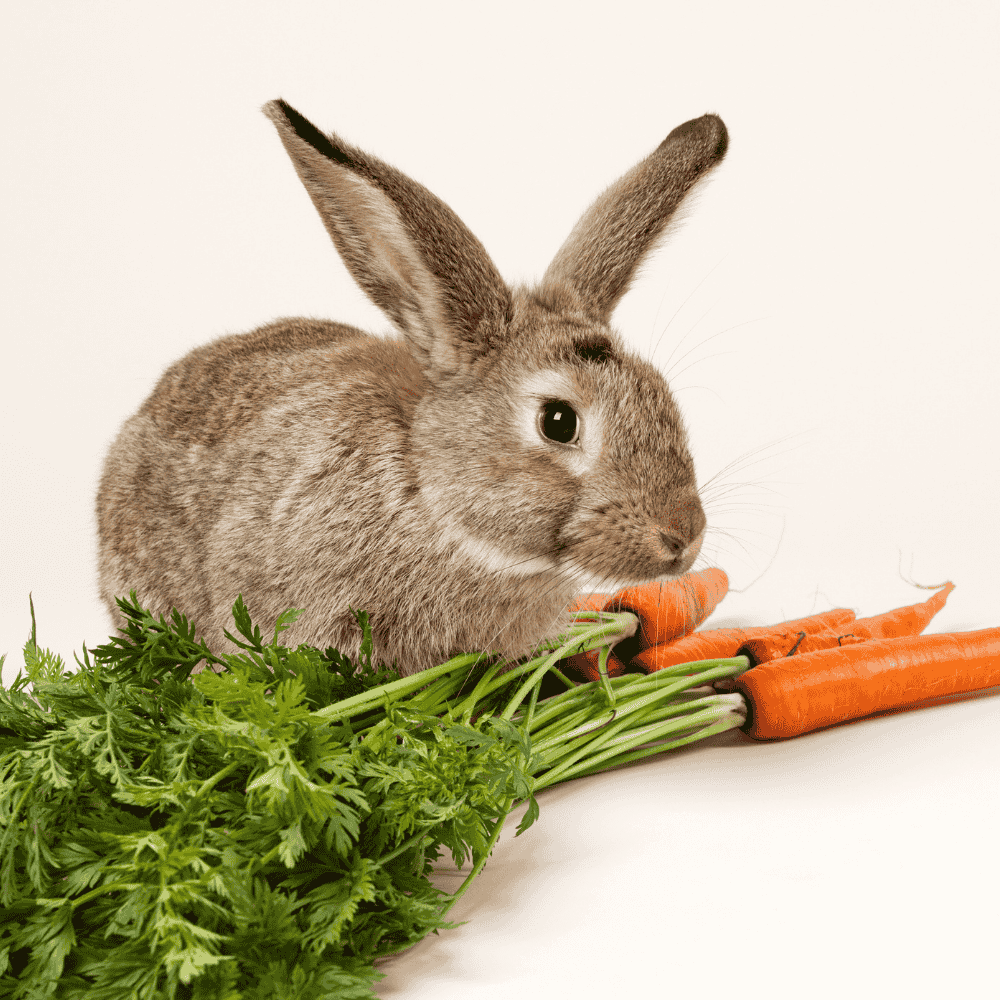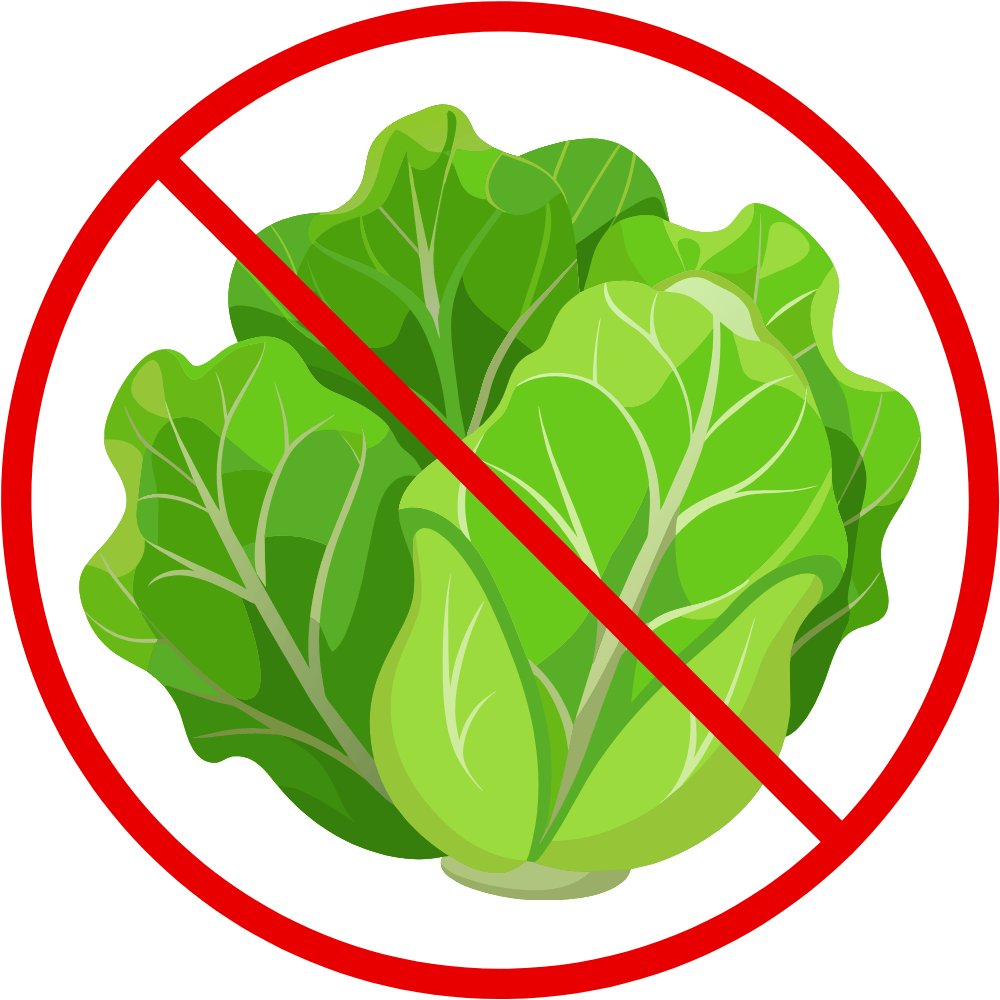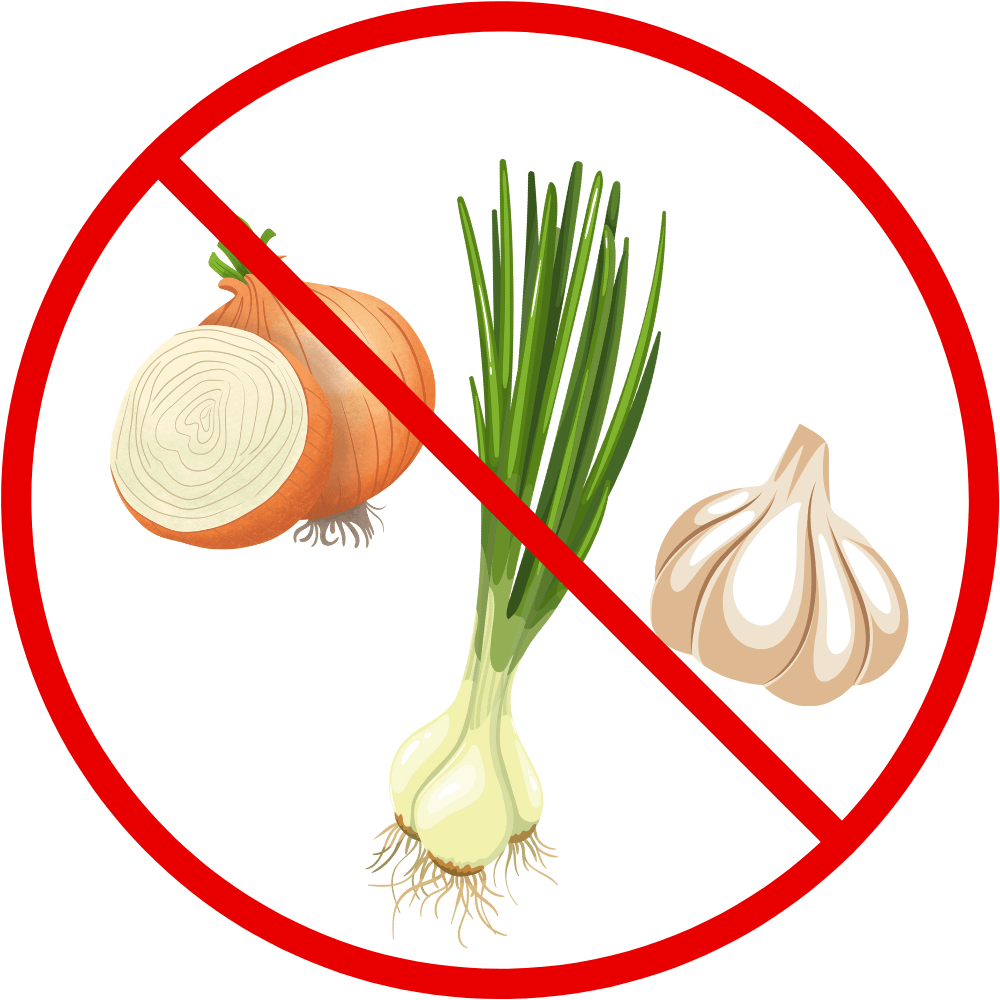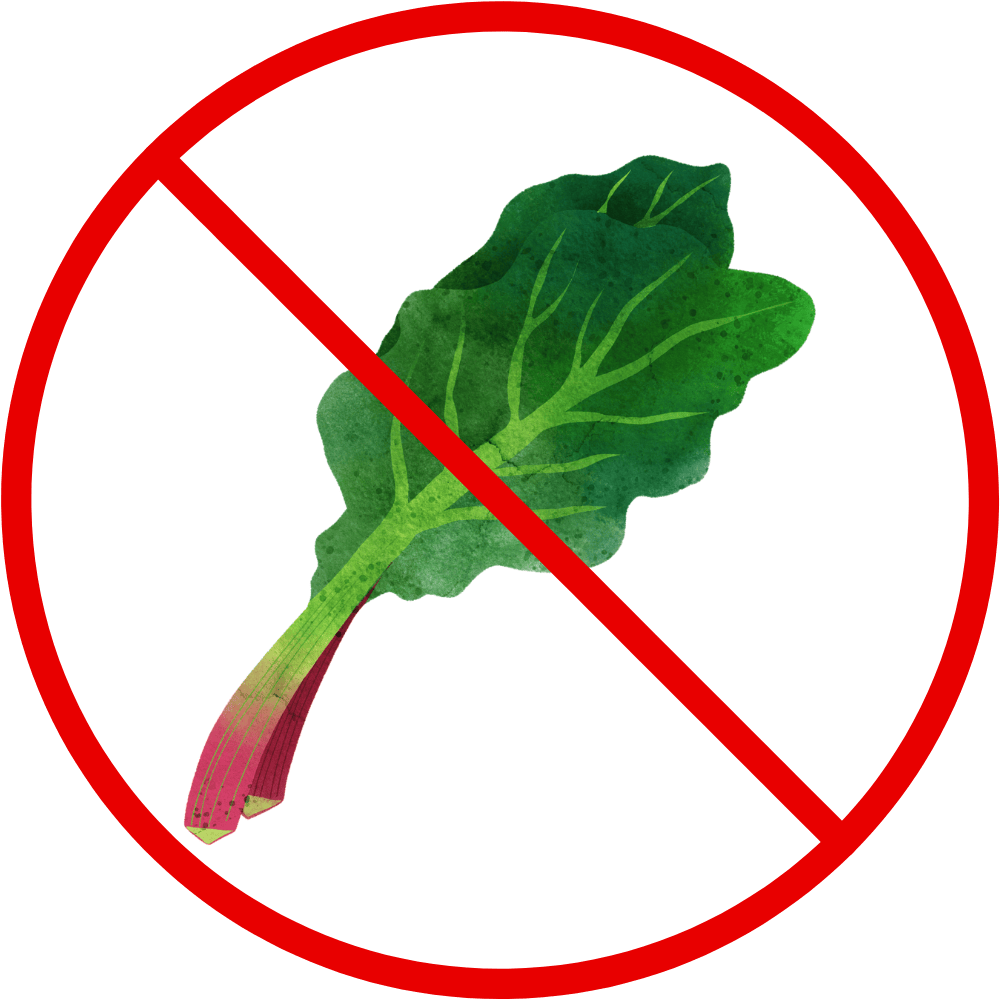What Vegetables Can Rabbits Eat? A Complete Guide for Healthy Bunny Diets

What Vegetables Can Rabbits Eat?
Feeding your rabbit a balanced, nutritious diet is one of the most important parts of responsible rabbit care. While hay should always be the main component of your bunny's daily intake, vegetables play a key supporting role. But not all veggies are safe. This guide explains what vegetables rabbits can eat, which should be offered in moderation, and which are best avoided altogether.
Why Veggies Are Important for Rabbits
Vegetables provide rabbits with essential nutrients, hydration, and variety. Leafy greens and certain veggies can help support digestive health, dental wear, and mental stimulation through foraging. However, too much of the wrong kind can upset their sensitive stomachs. That's why knowing the right choices matters.
Top 10 Rabbit-Safe Vegetables (Feed Daily in Rotation)
Here are the vegetables that rabbits can eat regularly as part of their daily fresh food intake:
- Romaine Lettuce
- Spring Greens
- Parsley
- Coriander (Cilantro)
- Basil
- Dill
- Kale (small amounts)
- Carrot Tops (not the root)
- Mint
- Rocket (Arugula)
These are high in fibre and low in sugar. Offer a mix of 3–5 different greens daily to promote variety and prevent overconsumption of any one type.
Vegetables to Feed Occasionally
These vegetables are nutritious but should be given in small quantities due to their higher sugar, calcium, or gas-producing content:
- Carrots (high in sugar)
- Bell Peppers
- Spinach (high in oxalates)
- Broccoli (can cause gas)
- Cauliflower
- Cabbage
- Brussel Sprouts
- Courgette
- Beetroot (sugar-rich)
- Parsnips
These should be treated more like snacks or additions to your bunny’s weekly vegetable variety.
Vegetables to Avoid Altogether
Some vegetables are simply not safe for rabbits and can cause digestive issues or be toxic:

Potatoes
(toxic when raw)

Iceberg Lettuce
(contains lactucarium, may cause diarrhoea)

Onion, Garlic, Chives
(toxic)

Rhubarb
(toxic)
Always research new foods before introducing them to your rabbit’s diet and introduce any new veg slowly over several days.
How to Feed Veggies Safely
- Wash all vegetables thoroughly.
- Chop into manageable pieces.
- Feed fresh and remove leftovers within 24 hours.
- Introduce new veg one at a time and monitor droppings.
Coming Next: Individual Veggie Guides
Want to dive deeper into rabbit-safe veggies? Check out our detailed articles:
- Can Rabbits Eat Carrots?
- Can Rabbits Eat Broccoli?
- Can Rabbits Eat Spinach?
- Can Rabbits Eat Cauliflower?
- Can Rabbits Eat Cabbage?
- Can Rabbits Eat Lettuce?
- Can Rabbits Eat Peppers?
- Can Rabbits Eat Potatoes?
And many more!
Final Thoughts
Rabbits thrive on a fibre-rich, balanced diet. Vegetables are an excellent way to add nutrition, enrichment, and flavour to their daily meals. By understanding which veggies are safe and how often to feed them, you’re taking an important step in supporting your bunny's long-term health.
Explore our full guide collection on rabbit nutrition at Twigs & Burrows, and give your furry friend the best care possible.



